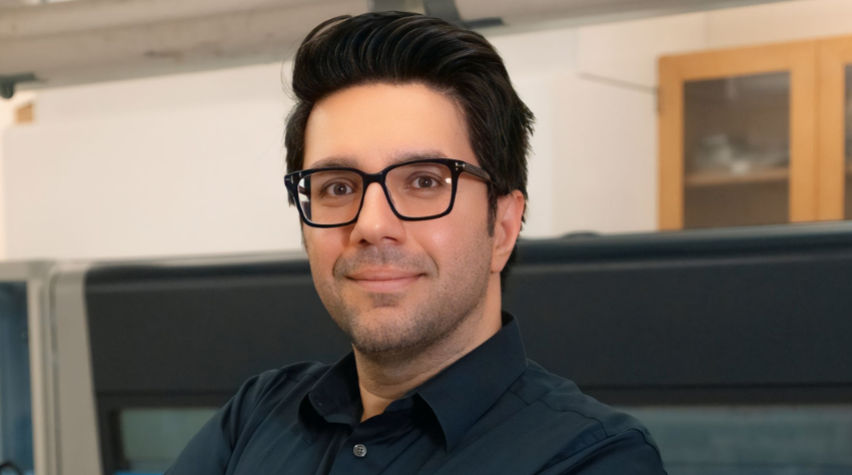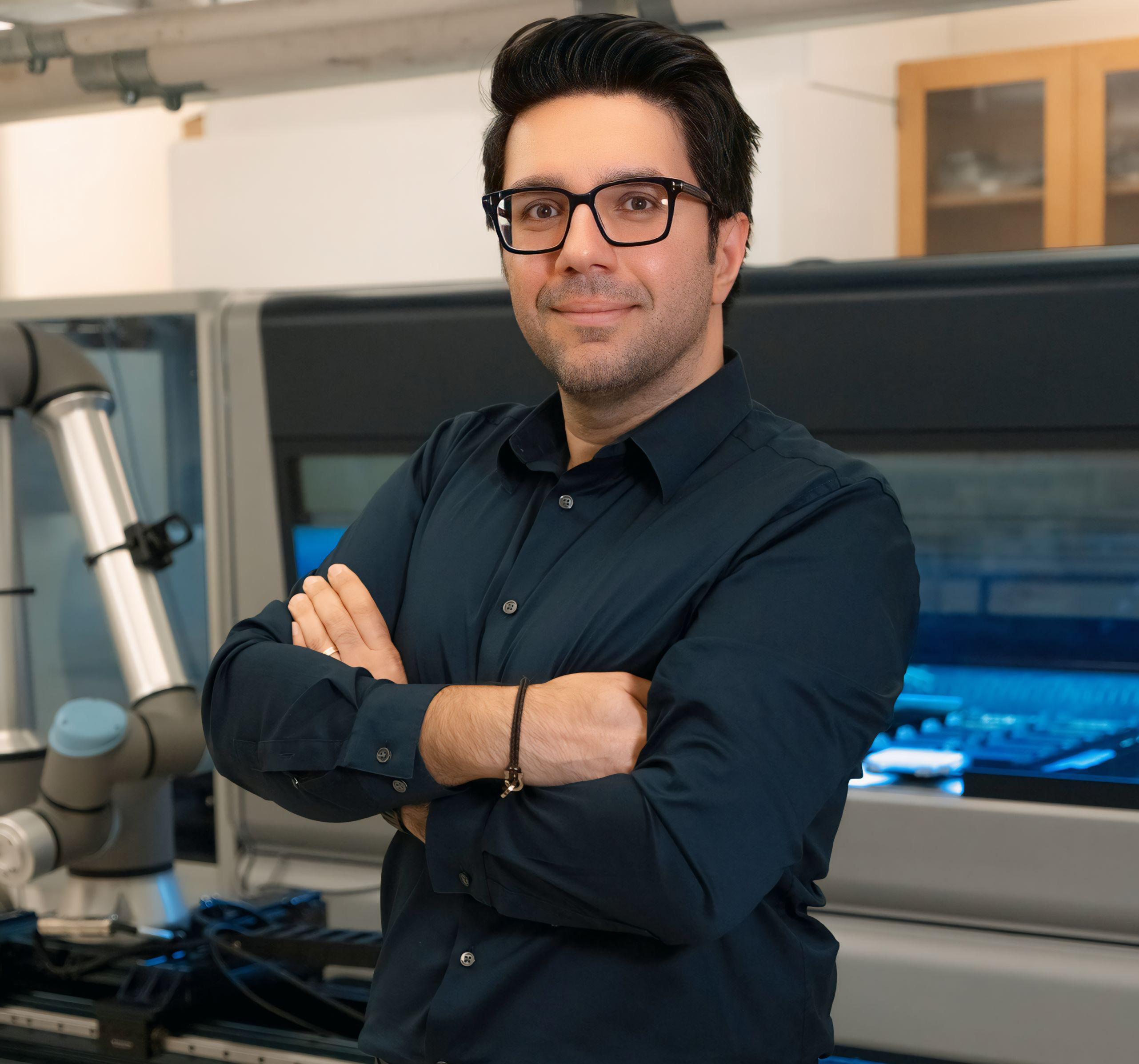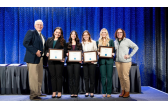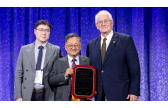
In this series, ChEnected is introducing readers to the recipients of AIChE’s 2025 Institute and Board of Directors’ Awards. As AIChE’s highest honors, the awards’ recipients are nominated by the community and voted upon by the members of AIChE’s Awards Committee.
Presented since 1945, the Allan P. Colburn Award for Excellence in Publications by a Young Member of the Institute is given to an early-career AIChE member. The award is sponsored by DuPont.

This year, the Colburn Award is being presented to Milad Abolhasani, ALCOA Professor, a University Faculty Scholar, and the Director of the Graduate Program in the Department of Chemical and Biomolecular Engineering at North Carolina State University. He is being recognized “for contributions to flow chemistry and data-driven microreaction engineering, accelerating discovery and smart manufacturing of functional materials through process intensification with self-driving labs.”
Dr. Abolhasani and the other Institute and Board of Directors’ Award recipients will be recognized at the 2025 AIChE Annual Meeting, November 2–6 in Boston, Massachusetts.

About Milad Abolhasani
Before joining North Carolina State University, Abolhasani was an NSERC Postdoctoral Fellow in the Department of Chemical Engineering at MIT. He earned his PhD in chemical engineering from the University of Toronto in 2014. In addition to his current work at North Carolina State University as the Director of the Graduate Program in the Department of Chemical and Biomolecular Engineering, he also leads a multidisciplinary group focused on developing self-driving laboratories (SDLs), which are modular platforms that combine reaction engineering, automation, and artificial intelligence to accelerate discovery and manufacturing of functional materials. His work applies the principles of process intensification to SDL design, enabling systems that autonomously explore high-dimensional chemical spaces while reducing material use, energy consumption, and experimental timelines.
Traditionally, materials and molecular discovery has required 10–30 years and more than $100 million in research and development. Abolhasani’s work has shattered these constraints by miniaturizing and intensifying reactions in flow reactors, enabling high-throughput, autonomous experimentation that can reduce discovery timelines to a few weeks at 100–1000× lower cost.
His groundbreaking SDL platforms—Fast-Cat (Nature Chemical Engineering, 2024), SmartDope (Advanced Energy Materials, 2024), AlphaFlow (Nature Communications, 2023), and Artificial Chemist (Advanced Materials, 2020)—have reshaped the design, development, and manufacturing of semiconductor materials and catalysts.
Among his achievements, his work has led to best-in-class quantum dots for printed solar cells in just one day of autonomous experimentation. His group also introduced a cooperative, recyclable catalyst for producing hindered amines (vital to pharmaceuticals, agrochemicals, and OLEDs), which operate at 70× the speed of existing methods. Additionally, his work has led to the discovery of a more efficient, multistep synthetic route for high-performing core/shell quantum dots used in photonic devices, surpassing a 15-year, human-refined process. Remarkably, this was achieved in just 30 days of autonomous experimentation, setting a new benchmark for efficiency and sustainability in chemical engineering. Collectively, these breakthroughs showcase Abolhasani's transformative integration of process intensification, automation, and AI, radically accelerating the pace of chemical engineering research while broadening its impact on energy, quantum information science, and healthcare.
Abolhasani’s work has been recognized with numerous honors, including the NSF CAREER Award, the Dreyfus Award for Machine Learning in the Chemical Sciences & Engineering, AIChE’s Catalysis & Reaction Engineering Early Career Investigator Award, AIChE’s 35 Under 35 Award, AIChE’s NSEF Young Investigator Award, and Scialog Fellowship. He has also been named to I&EC Research’s 2021 Class of Influential Researchers and received Emerging Investigator recognition from Nanoscale, Lab on a Chip, Reaction Chemistry & Engineering, and Digital Discovery.
This fall, ChEnected is presenting a series that profiles all 2025 Institute and Board of Directors’ Award recipients. Visit ChEnected regularly to meet the honorees.







